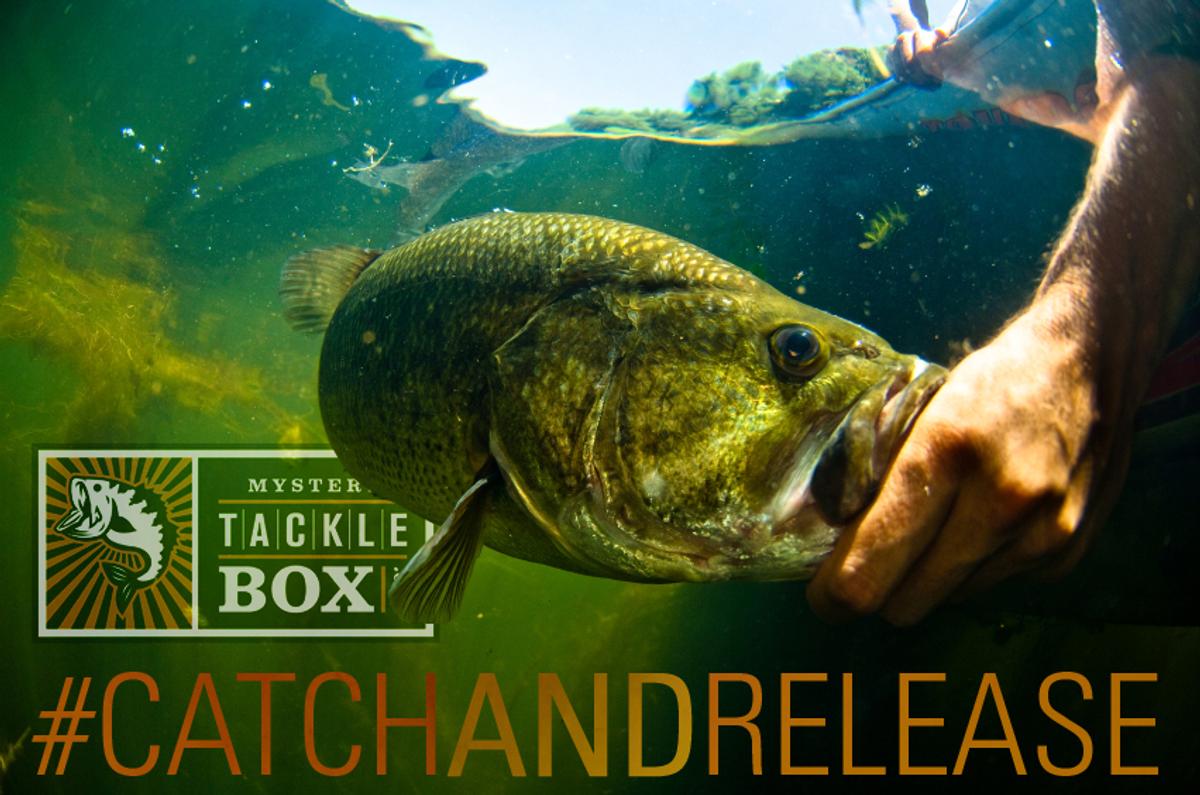3 Reasons to Practice Catch and Release
There are a lot of reasons why people fish. For some, it's the chance to get out and experience nature. For others, it's the camaraderie of a day spent with friends. For many people though, it's the opportunity to harvest some fish for the dinner table. After all, there's not much better than a shore lunch on a nice spring day.As wonderful as it is to harvest our catch, one of the nice things about fishing is that you don't have to do it. Unlike hunting, where success implies that the game animal will end up on the hunters table, fish can almost always be released successfully, something that more and more anglers are doing every year. Obviously anglers are well within their rights to harvest fish that meet size and bag limit restrictions (if applicable), but catch and release angling also has its advantages, some of which are:
1. They'll get bigger
It goes without saying that once a fish has its sides knocked off and is given a grease bath it can't grow to be a trophy. Practicing catch and release is one of the best ways to increase your future chances of catching bigger, trophy size fish. By letting the small ones go, they will grow to become the next generation of big ones.
2. Pay it forward
Catch and release also benefits all future anglers of a fishery. This becomes especially important in heavily pressured or urban areas. A 25 fish limit of panfish may not seem like a lot, but if just 100 anglers get their limits 10 times a summer, they will remove 25,000 fish from the fishery. That's a lot. Practicing catch and release, or at least limiting harvest to just a meal's worth ensures quality fishing opportunities for more anglers, which is good for the angling community.
3. It's healthier
Any fisheries biologist will tell you that the older a fish is, the more time it has to collect pollutants, toxins, and chemicals like mercury and PCB's. For that reason, eating larger predatory fish is currently not recommended by many state fisheries agencies. By releasing the largest and oldest fish anglers catch, they're reducing their potential to consume toxins and at the same time allowing the most productive spawners to return to the water. Anglers looking for a meal should focus on panfish and the small end of legal-sized gamefish; they haven't had nearly the time to absorb environmental toxins as the bigger, older fish.
Updated May 8th, 2015 at 4:48 PM CT


